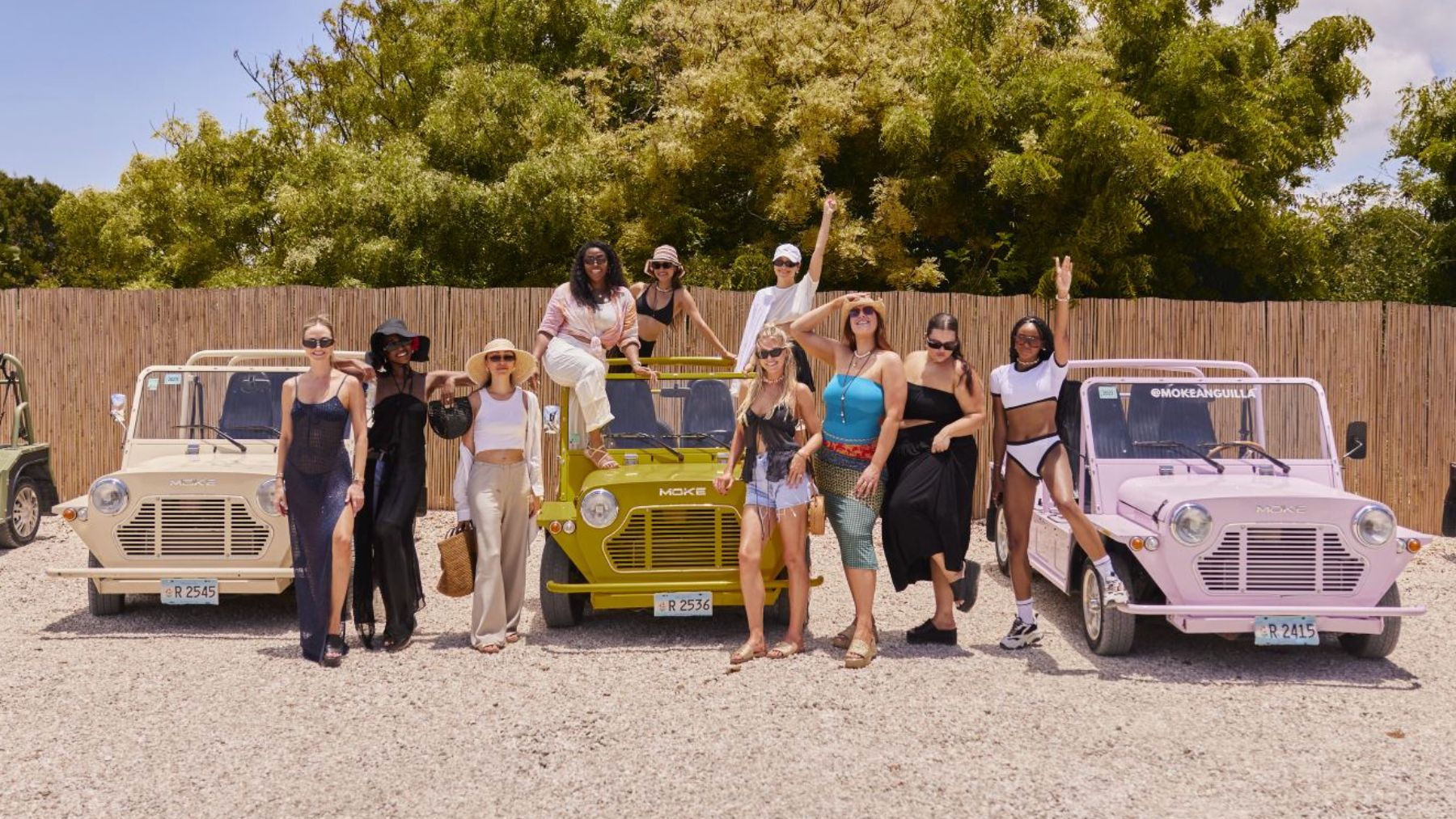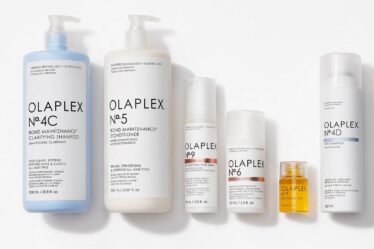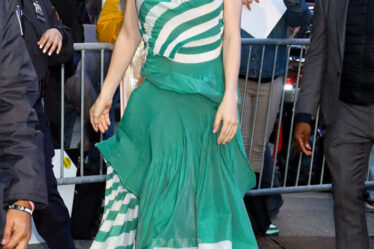
Tarte is known on TikTok and Instagram as the makeup brand that flies top-tier creators like Alix Earle and Meredith Duxbury on extravagant getaways to Dubai or Turks and Caicos.
For its next outing, Tarte is thinking smaller. The brand has invited 11 contest winners to New York later this month, for a stay at the Plaza Hotel and a night at Beyoncé’s Renaissance concert.
The concept of giving average customers a version of the luxury treatment normally reserved for influencers has been in the works since last summer, Tarte founder and chief executive Maureen Kelly told BoF. She had just joined TikTok, and was immediately flooded with requests from customers to attend one of the brand’s trips.
Plenty of social media users have also slammed Tarte’s trips as out of touch and exclusionary. January’s Dubai junket, replete with dune buggies and camel rides, went viral as an example of tone-deaf marketing at a time when recession fears were growing. In May, Tarte came under fire again when some non-white creators said they received inferior treatment, including smaller rooms, compared with white influencers on the same trips. (Tarte refutes these claims, and Bria Jones, one of the influencers who made these claims, later said she had worked things out with Tarte.)
“Inclusivity is a really important part of who we are and the brand is and that involves non creators, that involves everybody,” Kelly said. “With each trip, we learn more about what resonates with consumers and are constantly looking to evolve.”
Flying everyday Tarte fans to see Beyoncé is one way to reclaim the narrative.
Not that Tarte has much to worry about: influencer trips are still a reliable way to drum up buzz around a brand, even when some of that buzz is negative. The Dubai trip earned over one billion impressions and led to an uptick in sales on its website, Tarte said.
But the concept is showing its age (Tarte’s first influencer trip was in 2015). With these outings, brands are often hoping to reach Gen-Z consumers who are obsessed with telegraphing their values through their consumption habits. The intended message may not always land. Witness fast fashion giant Shein, which was accused of spreading propaganda when it flew 50 American creators to tour some of its factories last month. (A Shein spokesperson said the company is committed to transparency and this trip reflects one way in which we are listening to feedback, providing an opportunity to show a group of influencers how SHEIN works through a visit to our innovation center and enabling them to share their own insights with their followers.)
Many brands are still flying creators around the world, but they’re doing so as a way to deepen relationships with key ambassadors, in addition to generating clicks and sales. That can mean taking a more modest approach – keeping budgets under $100,000, revisiting familiar destinations and assembling a smaller group of influencers with longstanding connections to the brand.
“The problem that’s happening is that brands try to be too staged. They try to make it too over the top,” said Evan Wray, co-founder and chief executive of influencer marketing platform Mavely. “That tends to come through loud and clear on these influencer trips.”
Making It Personal
Many brands want to use these trips to communicate their ethos, not just to their influencer partners, but also consumers at large.
For that reason, brands often invite pre-existing influencer partners to participate. Since it began hosting bi-annual trips in 2021, shoe and accessories retailer DSW has understood that inviting influencers who already have a strong affinity for the brand is paramount.
The company hosts two influencer trips a year, in the spring and fall, and typically invites eight to 12 creators it’s already worked with.
“We intentionally engage creators that truly love the product,” said Julie Roy, chief marketing officer at DSW. “Our team is very thoughtful and deliberate in who is selected. We want partners that are energetic, genuine and shoe-obsessed.”
To bring influencers further into a brand’s sphere, some companies are travelling to destinations with special meaning, beyond how they appear on Instagram.
Makeup brand Dibs Beauty (which stands for desert island beauty status) hosted its first two influencer trips in Puerto Rico, where the company’s events director and one of the brand’s first employees resides. The director’s familiarity with the setting helped to create a homey atmosphere for the 17 invited creators.
When the brand did its second trip in June, it invited the same group back to Puerto Rico. It also didn’t require the creators to post any content while on the second trip (although, naturally, they did). Instead, the brand asked them to spend more time getting to know one another and write a note at the end summarising what they’ve learned.
“That was so much more important than having major Instagrammable moments,” said Jeff Lee, Dibs Beauty’s co-founder and chief executive. “Show the values of your brand and welcome people.”
For beauty startup Nudestix’s inaugural brand trip in May, the company hosted 11 UK-based TikTok creators in Lagos, Portugal, the hometown of co-founder and chief brand officer Taylor Frankel’s mother. Creators stayed in a boutique luxury hotel called Casa Mae (which fittingly translates to my mother’s house) and did low-key activities such as boat rides and group walks along the coast. The company felt the personal tie would strengthen its relationship with influencers.
“We didn’t want it just to be about this really big party with a lot of creators, where you lose touch with the purpose of the trip,” Frankel said. “We really wanted to make this feel intimate, like you’re going on vacation with your friends.”
Driving Outcomes
The earned media value from the content Nudestix’s influencer partners captured during the trip to Portugal, which cost the brand less than $50,000, was more than 200 percent higher than what the brand projected. Frankel said creators were inspired by the location and activities, prompting them to post more than they were required to.
There are other ways these trips can benefit a brand than social media engagement.
Dibs Beauty sees its influencer trips as an opportunity to work on product development with its largely remote team and influencers in-person. Creators lounging poolside in Puerto Rico wearing the brand’s bronzers and glow sets informs the brand on what needs to be more durable or water resistant, chief executive Lee said.
“Baking in the tropical sun and going into the ocean and rubbing up against sand, your makeup better look good,” he said.
An influencer trip “needs to be measured holistically,” said Julianne Fraser, president and chief executive of influencer marketing agency Dialogue New York. Using the trips to improve products can be just as meaningful as increasing conversions.
“Success is not only revenue,” she added. “If that were the case, there are better tactics.”



